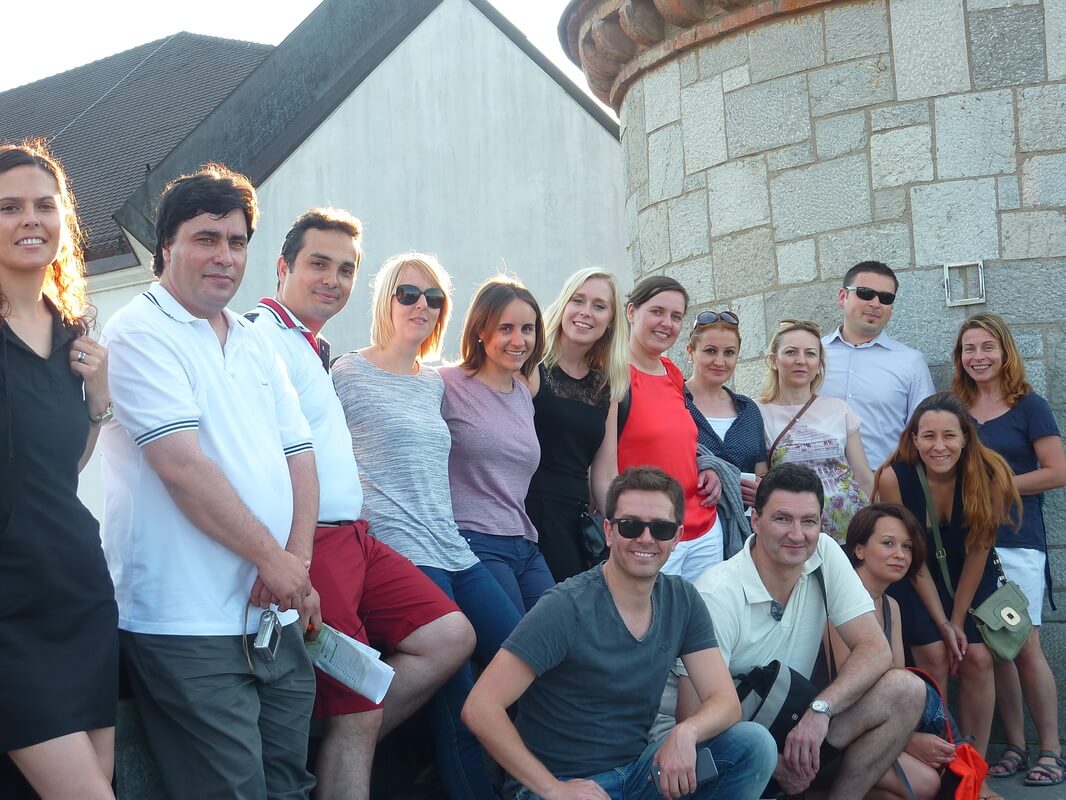|
Start-up is not a small version of a big company. Yet entrepreneurship education in the past focused on teaching how to prepare a good business plan. The assumption behind teaching to prepare a business plan is that the future is predictable and that we can plan accurately if we have the right knowledge about marketing, finance and the product.
By our Erasmus+ course “Teaching Entrepreneurship in Schools: Experiential approach” we promote including business modelling, design thinking and customer development into the curriculum. The words are fancy indeed, but the work with students based on this approach is much more interactive comparing to teaching business planning which is structured through the chapters of a business plan. Our first Erasmus+ course on this topic was held in the first week of July 2015. Here is a short report about the structure of the programme. We started with comparison of traditional and contemporary approach to teaching entrepreneurship. After the introduction the participants associated current world challenges (e.g. ageing population, knowledge based society) with trends (e.g. 3D printing, sharing culture) and proposed business ideas they had developed during the whole week. Development of business ideas started with researching users’ needs by going to the field. Participants conducted interviews with different people in Ljubljana. After the analysis of different information about users they defined users’ needs and opportunities for innovation. Creativity techniques followed, i.e. brainstorming, random entry and SCAMPER. Then participants materialized ideas by rapid prototyping with Lego bricks and drawings. The first prototyping phase concluded with presentations and feedbacks followed by the second prototyping phase and creating a business model for the idea. Is this all? Of course not, we visited a coworking space riiba and start-up company Tok Tok furniture. Also, we explored Slovenian capital Ljubljana, enjoyed a small coastal town Izola, go around another coastal town Koper, and have fun on the beach. What did we learn? A lot of insights, but we would like to highlight two of them. First, despite strong promotion of entrepreneurship teaching in Europe there is still lack of material for using directly with students. So we need to develop much more material for students in the future. Second, as teachers of entrepreneurship we need to develop additional skills for effective entrepreneurship teaching. |
primeraWe empower teachers so they can do their job best. Categories
All
LINKSPrimera's practical handbook for writing high quality Erasmus+ mobility projects.
Pan-European Conference on Digital Education Facebook Community. Primera's FB page. Work with us on Erasmus+ KA2 projects: STEP Institute. |
Erasmus+ by Primera for teachersErasmus+ courses by Primera are dedicated to teachers who value evidence-based and practice-driven training in highly interactive international atmosphere.
OID Ljubljana: E10091479 OID Vienna: E10298896 E: [email protected] T: +386 1 320 28 43 Privacy Policy |
Navigation |
Stay tuned! |
© 2020 Skupina Primera Ltd. All rights reserved.



 RSS Feed
RSS Feed